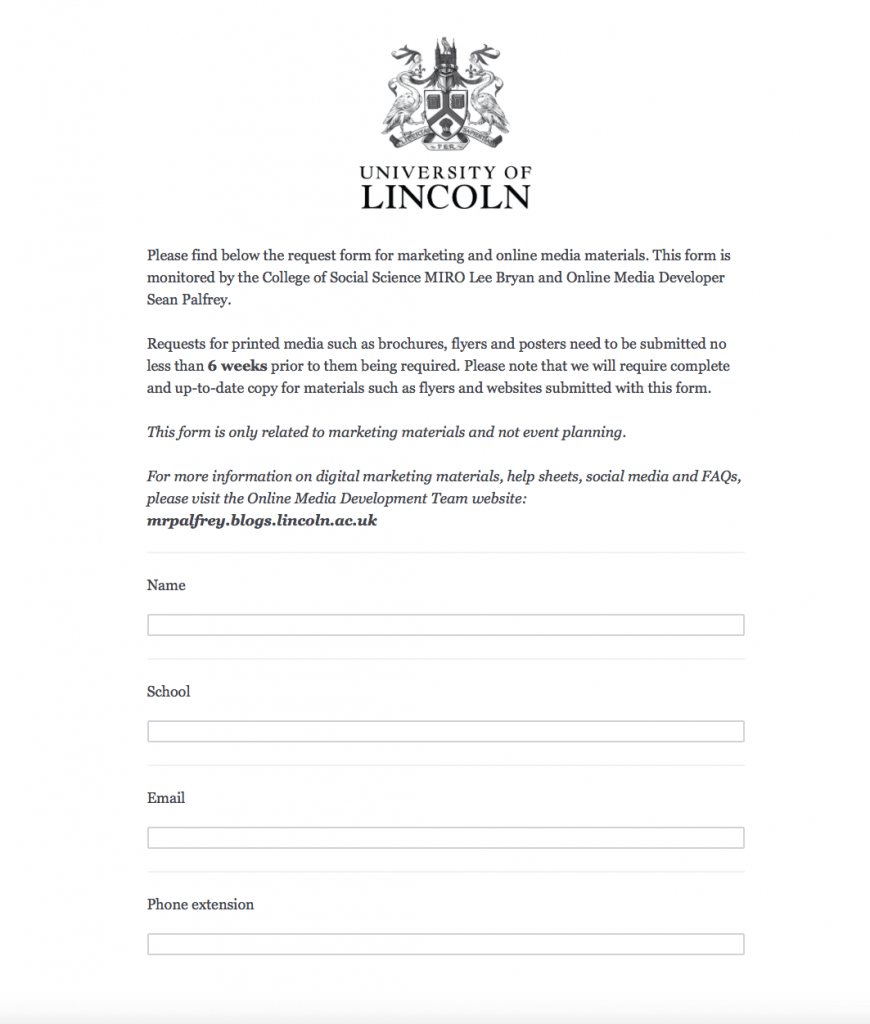
Reposted from Digital Education and Student Life
The University is pleased to release a new online training package ‘An introduction to digital accessibility’. This mandatory course has been designed to support all staff at the University to create more inclusive and accessible digital content. As we begin the new term and the implementation of new legislation, the delivery of accessible digital content has never been more important. We therefore ask that all staff complete this module before the end of the calendar year.
This course highlights some of the potential challenges that students and colleagues may face when interacting with content online and how some simple changes can drastically improve their experience.
The course will demonstrate quick tips to improve accessibility in documents, presentations, emails, videos and other digital content. To further support you, the course will also highlight a range of online resources that you can refer back to in order to continually develop your inclusive practice.
Publishing content online inherently improves accessibility, the aim of this course is to enhance the accessibility further. For the upcoming academic year, we are asking all staff to take steps to improve the accessibility of their resources using the tools and techniques demonstrated within this course.
Click here to access the Introduction to Digital Accessibility module (website)
This course is available in conjunction with the Accessibility Toolkit, provided to give guidance and support on creating more accessible resources. Click here to access the Accessibility Toolkit (website).
Please email training@lincoln.ac.uk for any system queries.
Digital Education Team and Organisational Development





 In order to help us keep track of and more efficiently execute requests for online marketing material such as photography, videos, websites, social media graphics, and digital signages, as well as physical media such as banners, brochures, and flyers; we have created and online booking system that will be monitored by the College MIRO and Online Media Developer.
In order to help us keep track of and more efficiently execute requests for online marketing material such as photography, videos, websites, social media graphics, and digital signages, as well as physical media such as banners, brochures, and flyers; we have created and online booking system that will be monitored by the College MIRO and Online Media Developer.
